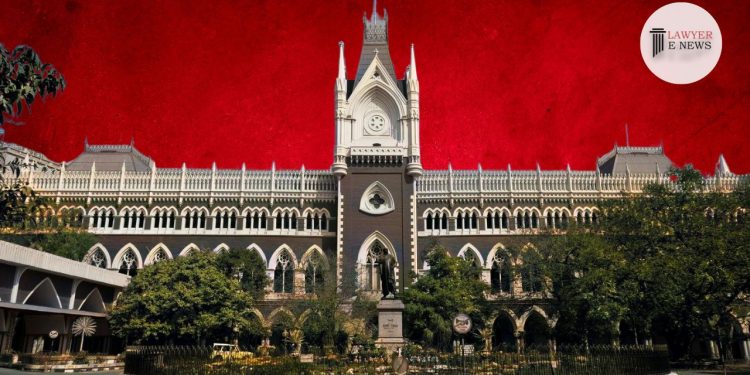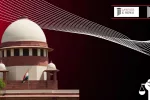Being A Government Entity Does Not Exempt One From Complying With Procedural Laws – Calcutta High Court Sets Aside Condonation Of 14-Year Delay By Port Authority

In a significant judgment, the Calcutta High Court has set aside the order of a lower court that condoned a 14-year delay by the Board of Trustees for the Port of Kolkata in filing a written statement in a contractual dispute. Hon’ble Justice Ajoy Kumar Mukherjee, presiding over the matter, emphatically noted that “being a government entity does not exempt one from complying with procedural laws unless exceptional circumstances justify such deviation.”
Brief on the Legal Point of the Judgment:
The central legal issue revolved around whether the trial court was justified in using its discretion under Section 151 of the Code of Civil Procedure to allow a government entity a prolonged delay in filing its response to a lawsuit. The implications of this decision touch on the broader principles of equality before law and the necessity of timely adjudication in civil disputes.
Facts and Issues Arising:
Inland Vikash Limited filed a suit against the Board of Trustees for the Port of Kolkata concerning specific performance of a contract. Despite the defendant entering appearance in the suit as early as 2005, a written statement was not filed until 2019, post a contested application for condonation of delay. The plaintiff challenged the trial court’s decision to condone this delay, asserting that it was granted without a satisfactory explanation and contrary to procedural norms established under the Code of Civil Procedure.
Detailed Court Assessment:
Service of Summons and Participation: The court observed that despite claims of non-receipt of summons, the defendant had actively participated in various stages of the proceedings since their first appearance in 2005. This involvement indicated acknowledgment of the proceedings and negated the claim of ignorance due to non-receipt of summons.
Condonation of Delay: Justice Mukherjee criticized the trial court’s decision to overlook the procedural mandates of Order VIII Rule 1, which requires filing of the written statement within a specified timeframe. The court highlighted that the defendant had failed to provide a convincing justification for the 14-year delay, which was essential for such condonation.
Government Litigants: The court addressed the special consideration often given to government entities in litigation, clarifying that such status does not confer an inherent right to deviate from procedural timelines. It was emphasized that exemption from procedural compliance could only be granted under exceptional circumstances, which were absent in this case.
Decision: The High Court, thus, allowed the petition by Inland Vikash Limited, setting aside the lower court’s order that condoned the delay. The application of the petitioner for an ex-parte hearing was granted, affirming the principle that procedural laws apply equally to all litigants, government or otherwise.
Date of Decision: 10.05.2024
Inland Vikash Limited vs. Board of Trustees for the Port of Kolkata & Anr.





